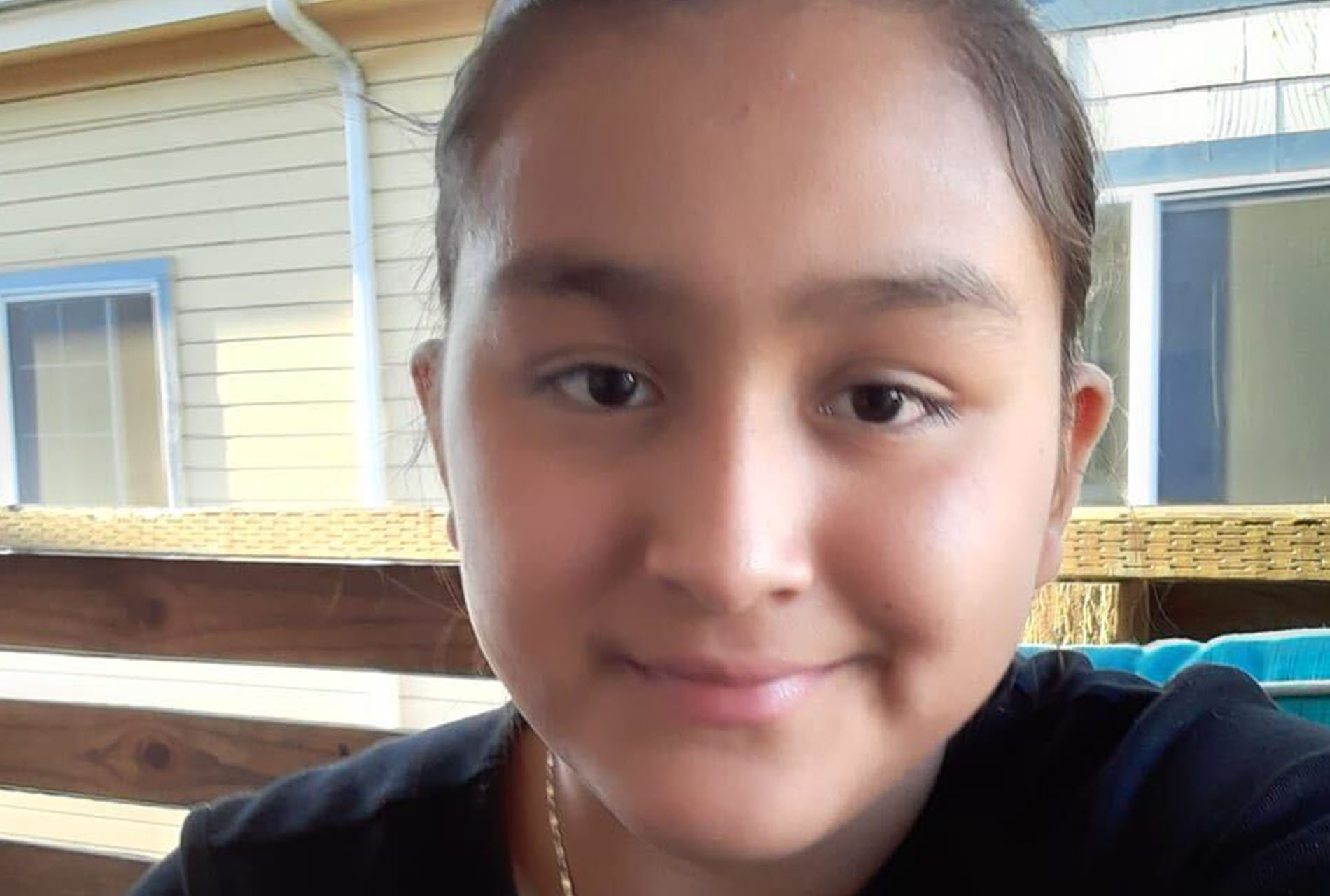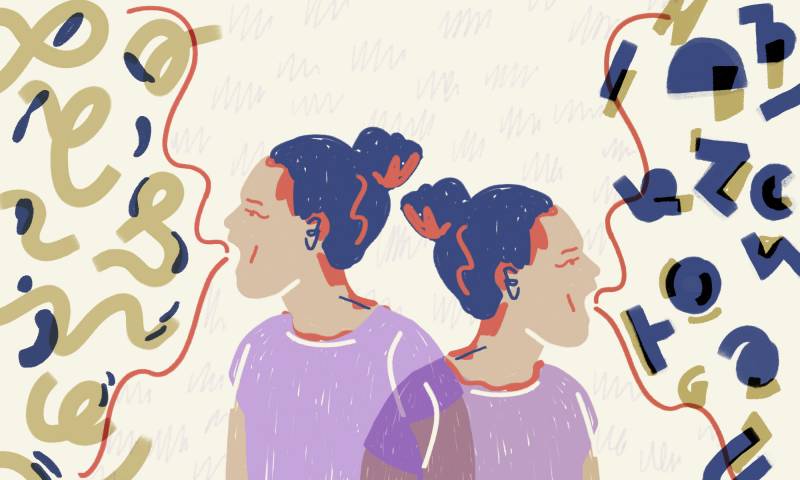Back on July 14, I turned on my radio to hear KQED Forum explore the disproportionate effect of COVID-19 upon the Latino community.
By the end of the show, one of the main reasons for that impact was evident: a lack of accessible information for Spanish speakers in the United States. But that message unexpectedly arrived in a sweet, brave voice of a 10-year-old girl.
Towards the end of the show, host Mina Kim introduced us to young caller Maggie — who was contacting Forum on behalf of her parents. At first, Maggie stayed quiet.
Kim prompted her: “What’s on your mind, Maggie?” Listeners then heard Maggie relaying Kim's question to her mom: “me están preguntando qué está en mi cabeza.” The mom responded in Spanish.
“I’m worried that my mom and my dad will get the coronavirus again," Maggie finally told Kim.
The moment I heard Maggie’s voice, I stopped working on my computer, and turned to look at the radio (Yes, I have a physical radio in my room). As I heard Maggie asking her question about whether her parents could get COVID-19 more than once, and telling Kim she was just 10-years-old, I unconsciously placed my hands on my chest and started to tear up.
That moment moved me. And I later found out that it moved many other people as well.
One Family's Story
Maggie, like many other immigrant children in the United States, had assumed the role of translator for her family at such a young age. But she took it a step further, and decided to go on live radio to make sure she got the answer to her question.

After the show, I reached out to Maggie’s mom Rosibel Vazquez Alvarado to learn more about their story. I found out that a neighbor had told them about Forum — and that Maggie took the lead to be the one to ask the question herself, in English. (Hear the moment she made the call here, starting at 36:00.)

